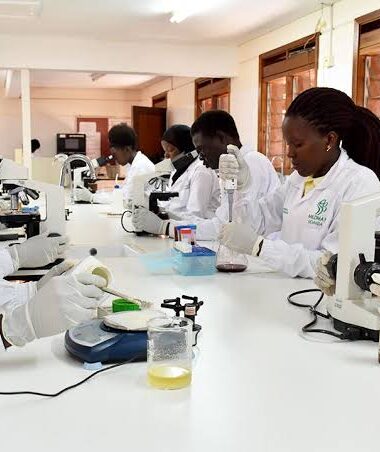About Oberlin Baroque Performance Institute
The Oberlin Baroque Performance Institute offers a diverse range of workshops and programs focused on the study and performance of Baroque music. From instrumental workshops to chamber music ensembles, participants have the chance to immerse themselves in the beauty and intricacies of Baroque repertoire.
These workshops, among others, provide a supportive and immersive environment for Ema Scholarship recipients to further their skills and knowledge in early music. It is recommended to contact Early Music America for guidance on the suitability of specific workshops to your goals and interests.
In the next section, we will explore the application process for the Ema Scholarship, providing you with all the necessary information to pursue this incredible opportunity.
Conclusion: Unlocking the Future of Early Music Education
The Ema Scholarship program plays a crucial role in supporting aspiring musicians in the field of early music education. By providing essential financial support, this scholarship enables talented individuals from diverse backgrounds to pursue their passion and delve into the depths of historical performance practice. Through the Ema Scholarship, these aspiring musicians gain the opportunity to participate in workshops that span a wide range of locations and disciplines, fostering a vibrant and culturally diverse community.
With the Ema Scholarship paving the way, the future of early music education is bright and promising. Aspiring musicians now have the means to explore their artistic potential and develop their skills in historical performance practice. This scholarship program empowers individuals who may not have had the financial resources to pursue their dreams, ensuring that the world of early music becomes more inclusive and representative of the rich cultural diversity that exists.
The Ema Scholarship is not just a financial support system; it is a catalyst for growth and excellence. By enabling talented individuals to access early music education, this scholarship program helps shape the next generation of performers and educators, who will go on to share their knowledge and passion for early music with others. Through their creativity, dedication, and cultural diversity, these scholarship recipients contribute to the vibrant tapestry of the early music community, enriching the field with their unique perspectives and talents.








